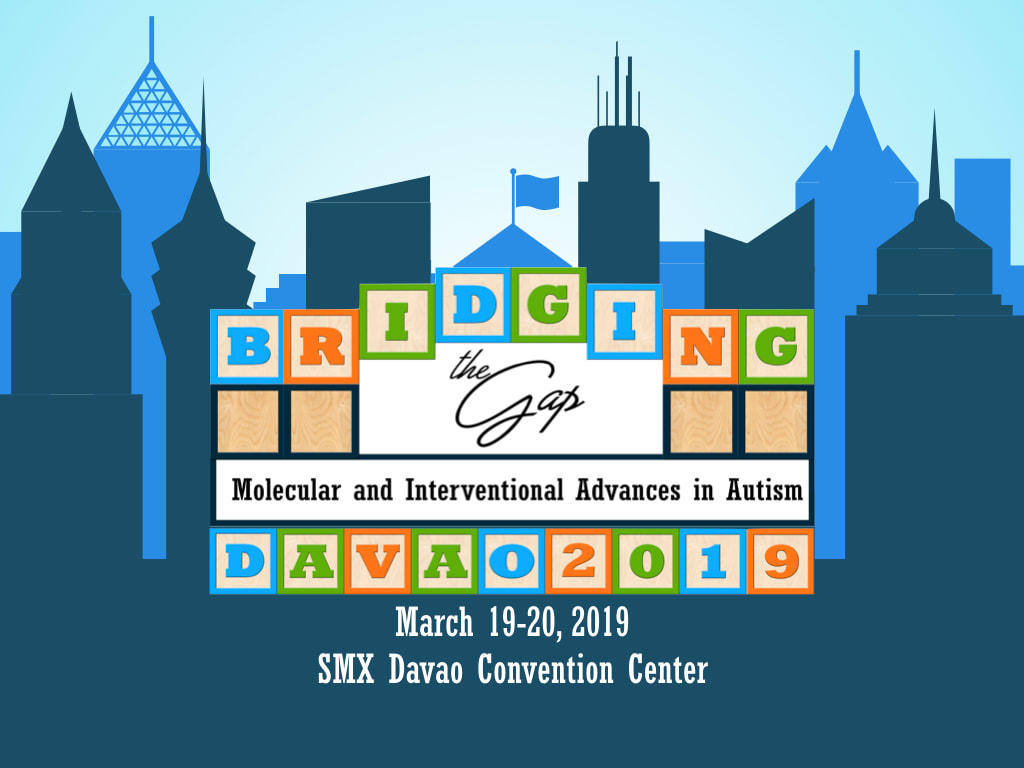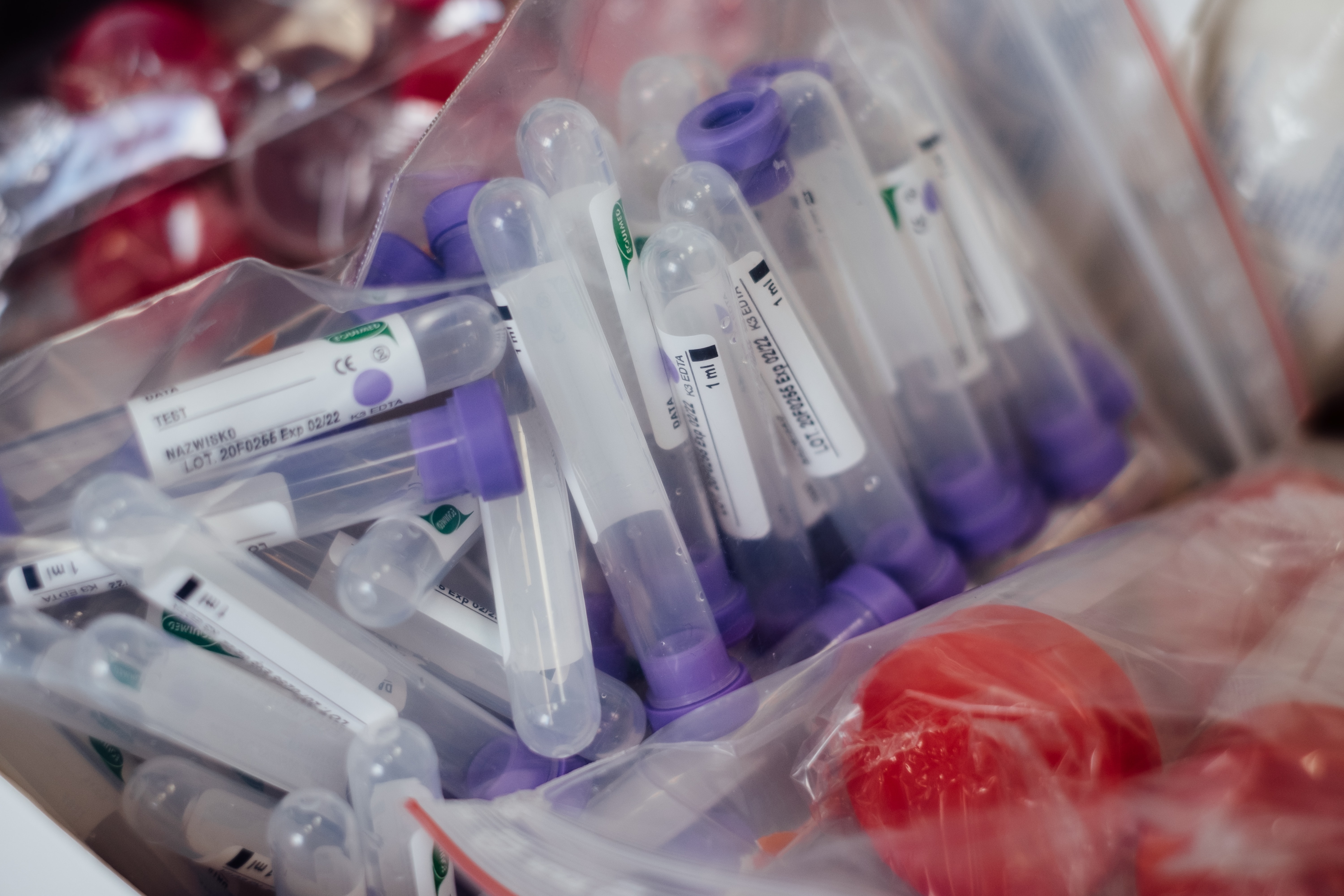
Bridging the Gap: Molecular and Intervention Advances in Autism
Since 2018, the Ateneo Autism Study Group has been hosting Bridging the Gap, an interdisciplinary conference which aims to present updates on innovations and trends in knowledge on autism to health and allied health professionals, educators and students, persons in civil service, parent advocates and other concerned organizations.
This annual event is hosted Ateneo School of Medicine and Public Health in partnership with University of California Davis Mind Institute and made possible by a grant from the Philippine-California Advanced Research Institutes of the Commission on Higher Education.
Aside from the interdisciplinary conference, capacity building opportunities are also offered for professionals who are working closely with children who have Autism Spectrum Disorder (ASD) and neurodevelopmental disorders. The study group has offered Early Start Denver Model (ESDM) Introductory and Advances courses and Clinical Training on Autism Diagnostic Observation Schedule (ADOS) for two consecutive years.
Visit this link or follow the AASG's facebook page for updates on upcoming conferences and workshops.
Bridging the Gap is an interdisciplinary conference which aims to present updates on innovations and trends in knowledge on autism to health and allied health professionals, educators and students, persons in civil service, parent advocates and other concerned organizations.
It is hosted by the Ateneo School of Medicine and Public Health in partnership with University of California Davis Mind Institute and made possible by a grant from the Philippine-California Advanced Research Institutes of the Commission on Higher Education.
This conference is meant for intermediate to advance-level professionals who work with individuals with autism and neurodevelopmental disorders. Being a CHED-funded project, it aims to work with academic institutions training and teaching graduate and post-graduate students and fellows who have been working in the fields of neurodevelopmental disorders, involve professional societies and patient advocacy groups and members who can become trainers and leaders in their communities and conduct research, and involve other government organization stakeholders who can influence policy and practice.
-

MIND Plug-in: Development of an Electronic Medical Record based data collection tool for research in autism and neurodevelopmental disorders
This paper describes the efforts to support capacity building efforts for conducting research in autism in the Philippines.
-

Fragile X Syndrome and Molecular Testing
The first molecular testing for Fragile X Syndrome in the Philippines
